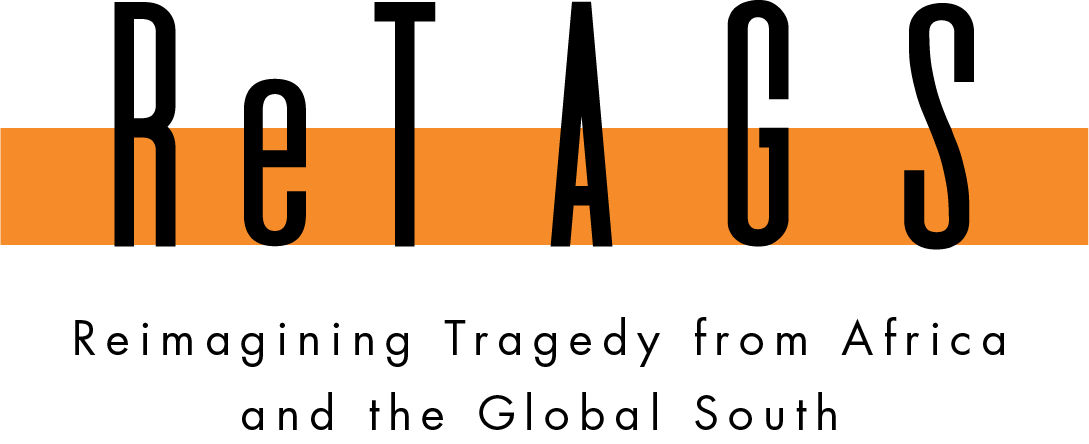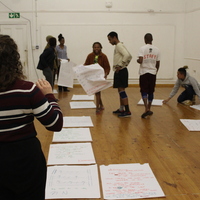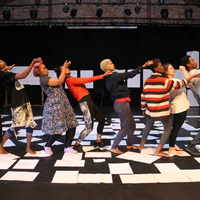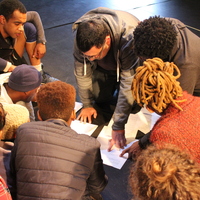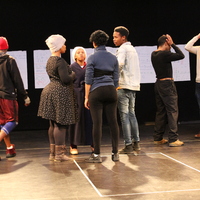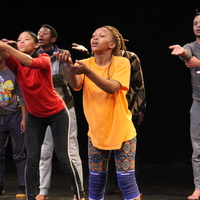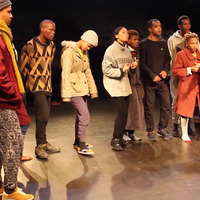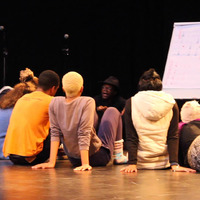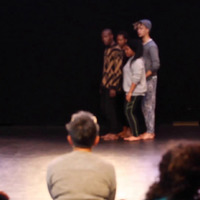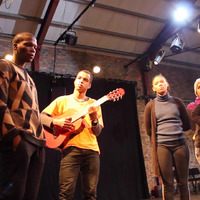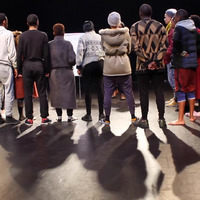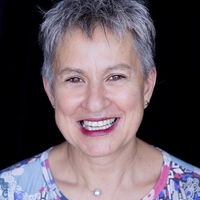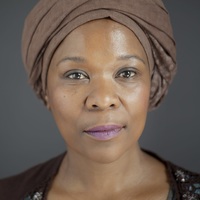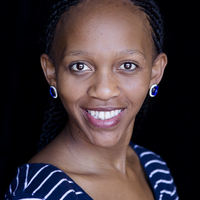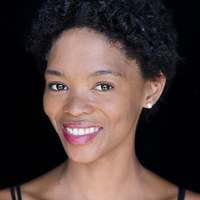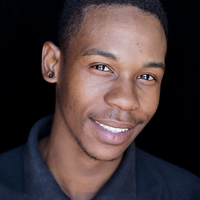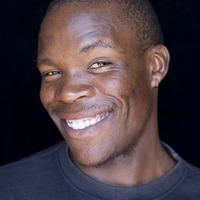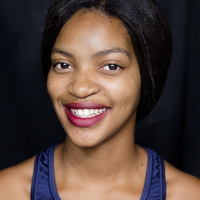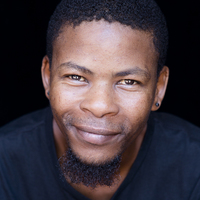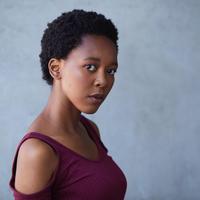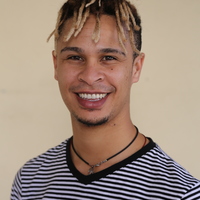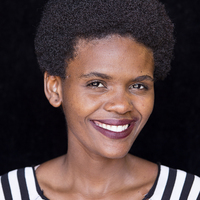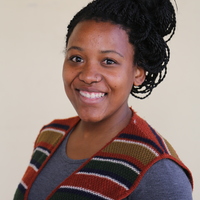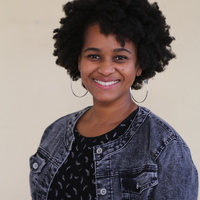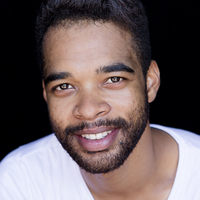Antigone (not quite/quiet)
About
Antigone, an old story from the dawn of democracy. Rule, order, power, women, mortality.
A new context. A time to scream. An exciting group of collaborators:
Mark Fleishman, Jennie Reznek, Neo Muyanga, Craig Leo, Mandisa Vundla.
But we are tyrants too. We look, but we see nothing. Someone speaks to us, but we hear nothing. And we go on in our endlessly narcissistic self-justification, adding Facebook updates and posting on Instagram. Tragedy is about many things, but it is centrally concerned with the conditions for actually seeing and actually hearing. In making us blind, we might finally achieve insight, unblock our ears and stop the droning surf of the endless song of ourselves: me, me, me, this is all for me (really?). […] The tyrant experiences no shame. But we also have no shame. We are also little, shameless tyrants […].
- (Simon Critchley, Tragedy, The Greeks, and Us, p. 15)
Sophocles’ Antigone is a play about a society at the dawn of democracy, coming to terms with the aftermath of a civil war, a society struggling to - unable, perhaps, to - deal with its dead. It is also a play about the irreconcilable division of systems of law, of gender and of generations. But this is not a production of Sophocles’ Antigone. It is a set of responses to the play from the perspective of three of the play’s characters: Ismene, Antigone, Tiresias. And from a perspective in time that we might call our postcolonial present which is tragic in the way that it cannot escape the shameful past that is supposed to have passed but continues to haunt our every current moment. In this respect it is about re-membering, a desperate attempt to put together a fractured body. But the dramaturgical impulse arose from a realization of how separated we are so many years after the supposed end of apartheid. How despite the fact that we continue to live together in close proximity, we do not/cannot/wish not to see or understand each other, across intersecting divisions of race, gender, class and sexuality. Like the three parts of this triptych, we reach but cannot touch; we touch but cannot bind into any sense of a whole; we remain inevitably inconvenient to each other, immovable from our common landscape. Despite lofty ambitions of reconciliation and social cohesion, or our deepest, darkest desires to be rid of each other, we are stuck together.
And we are blind. Tiresias was blinded by the sight of the naked body of Athena; we have been blinded by the promise of freedom – so valuable and yet we have blindly handed it over, entrusted it to those in power, those without apparent care, or concern, or comprehension. And in our blindness we are uncomfortable and angry and ashamed, with no alternative but to carry on, together.
At the beginning of 2019, the UCT Centre for Theatre, Dance & Performance Studies, generously funded by the Andrew W. Mellon Foundation, embarked on an exciting 5-year research project on Re-imagining Tragedy from Africa and the Global South. Part of the project involves the making of four new ‘tragedies’ together with our partners at Magnet Theatre and The Baxter. This production is the first. The tragedy of the aftermath and the aftermath of tragedy.
Photos
These photographs take you on a journey from the very beginning of rehearsals, through to the final professional staging of the production.
Videos
These videos provide small snapshots into the rehearsal process.
Audio
These audio clips provide a longer durational glimpse into the rehearsal process.


